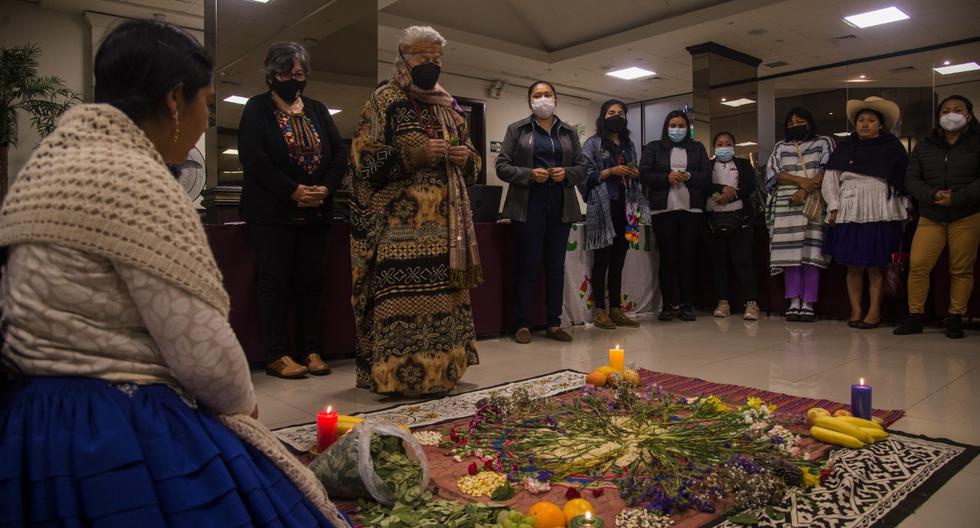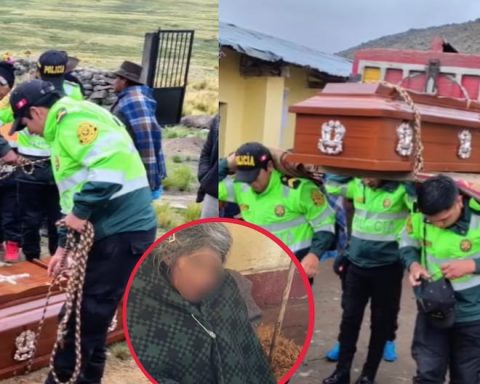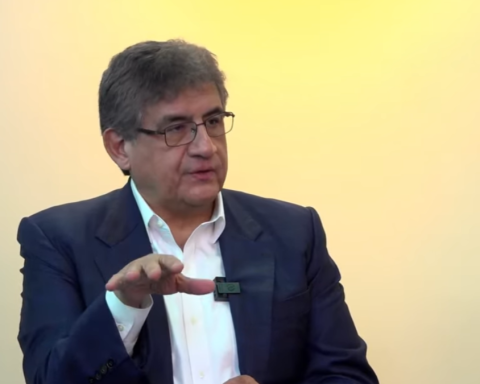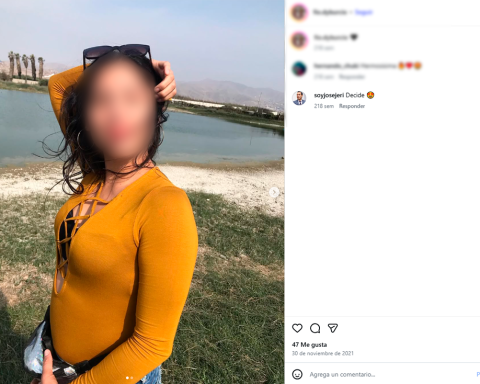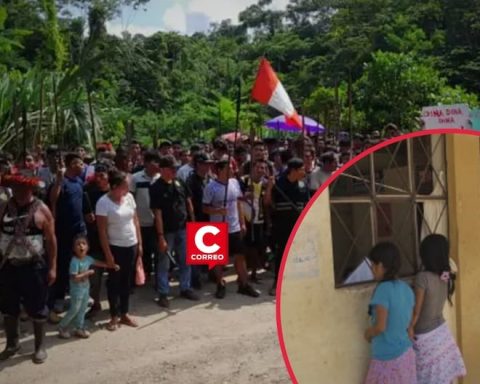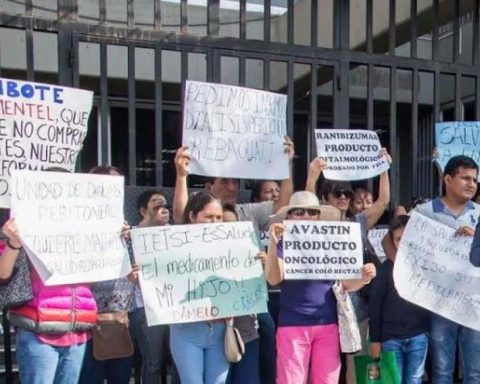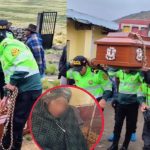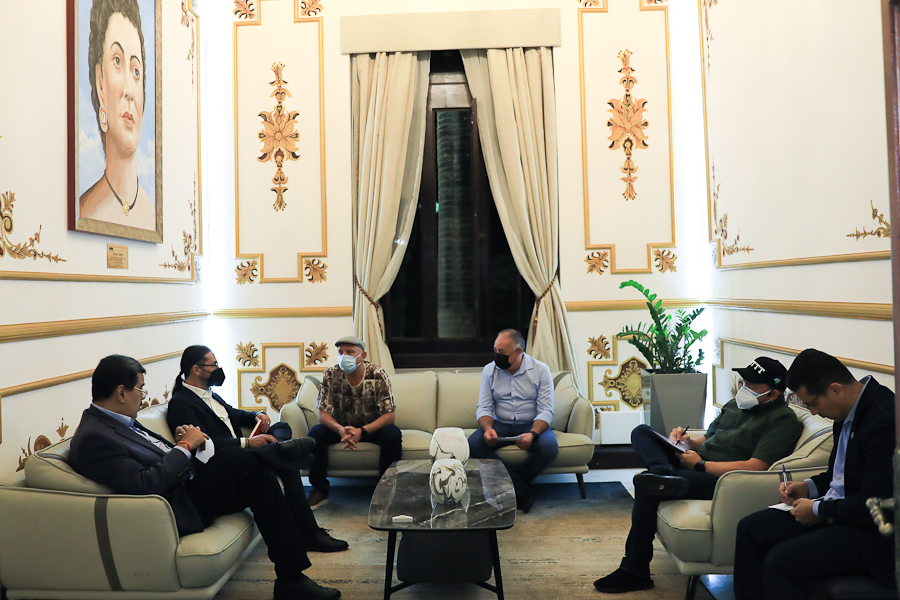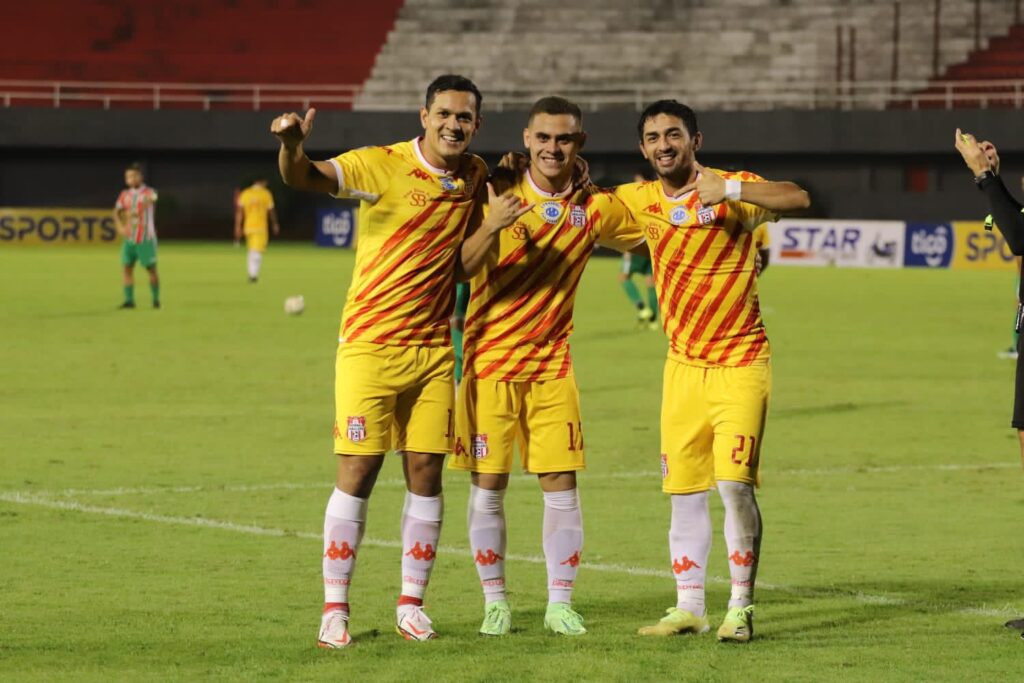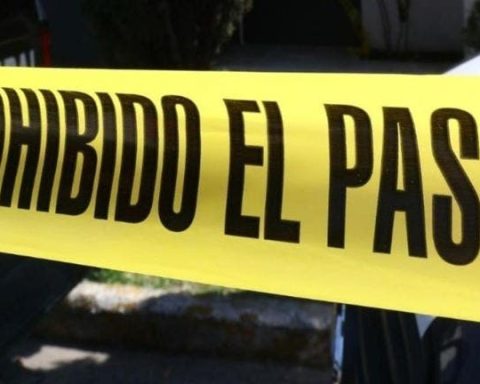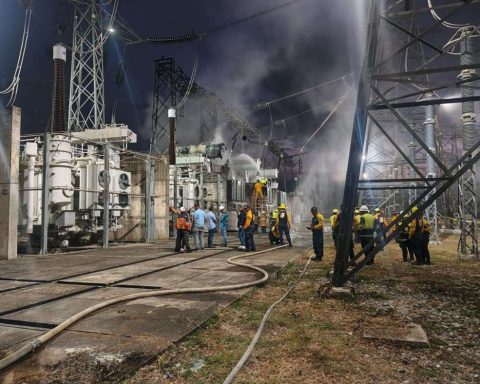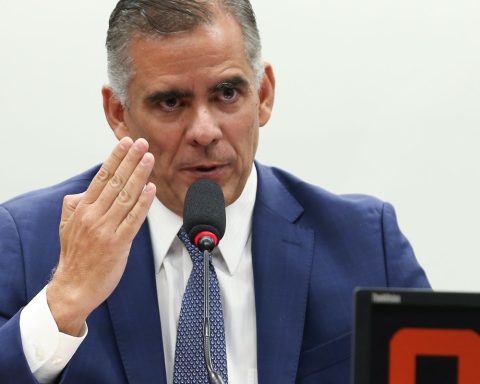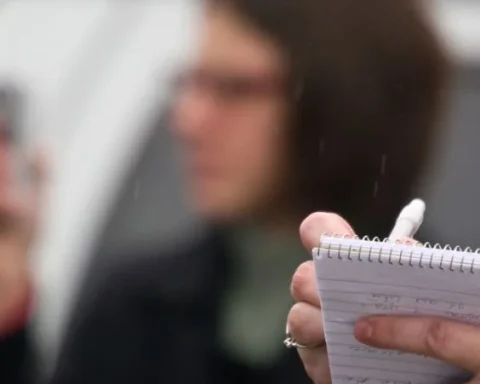Leaders of the member organizations of the Southern Regional Coordination of the Continental Link of Indigenous Women of the Americas (ECMIA SUR) held in Lima, from August 2 to 4, a Self-Consultation on the draft of General Resolution No. 39 of the CEDAW on the rights of indigenous women, youth and girls, so that this instrument obliges the States of the region to cease the multiple forms of violence they face on a daily basis, as well as to actively participate in political decisions related to their rights.
“We demand that General Recommendation No. 39 of the CEDAW (Convention on the Elimination of All Forms of Discrimination against Women) should recognize that indigenous women have specific problems and demands, and that we face multiple discriminations and violence based on ethnicity, gender and class, individually and collectively, that threaten our autonomy and security. Consequently, the protection of States against discrimination must include the protection of our cultural identities and our right to autonomy, as well as specific actions to break gender, ethnic and class stereotypes.”, pointed out Melania Canales Poma, Coordinator of ECMIA Sur and president of ONAMIAP.
She highlighted that the impacts of extractive activities in their territories and Mother Nature have a greater influence on indigenous women, bringing with them violence against them and their ways of life.
Faced with this, they demand that the States guarantee the legal security of their integral ancestral territories and respect the autonomy of indigenous peoples.
In addition, take measures to guarantee the access, enjoyment and participation of indigenous women in decision-making on the governance of their territories and natural assets.
“Governments must adapt their national regulations to international instruments on the rights of indigenous peoples and women, as well as refrain from issuing regulations that contradict these international commitments. In this framework, States must guarantee that any prior consultation process must have prior, free and informed consent as its objective. And that, if that consent is not achieved, that decision must be fully respected”, highlighted the president of ONAMIAP.
In this context, they asked that they be guaranteed access to justice with cultural relevance, that all norms and actions that criminalize protest and the exercise of rights be eliminated. Also that free and independent legal advice be provided to indigenous women prosecuted, and that specialized rooms with an intercultural approach be created.
Another of their demands is respect for their right to political participation, demanding the end of ethnic, class, linguistic and gender discrimination, as well as the closing of gaps in access to education that most strongly affect women. indigenous women, youth and girls.
In addition, they demand that the States guarantee that family planning policies and sexual and reproductive rights have a gender and intercultural approach, respecting the reproductive autonomy of indigenous women, according to their worldviews. Likewise, that they guarantee the teaching of indigenous languages, ensuring their revitalization, recovery and promotion at all educational levels.
ECMIA SUR is made up of indigenous women’s organizations from Argentina, Brazil, Bolivia, Colombia, Chile, Ecuador, Guyana, French Guiana, Paraguay, Peru, Suriname, Uruguay and Venezuela. Its coordination is in the hands of the National Organization of Andean and Amazonian Indigenous Women of Peru (ONAMIAP).
